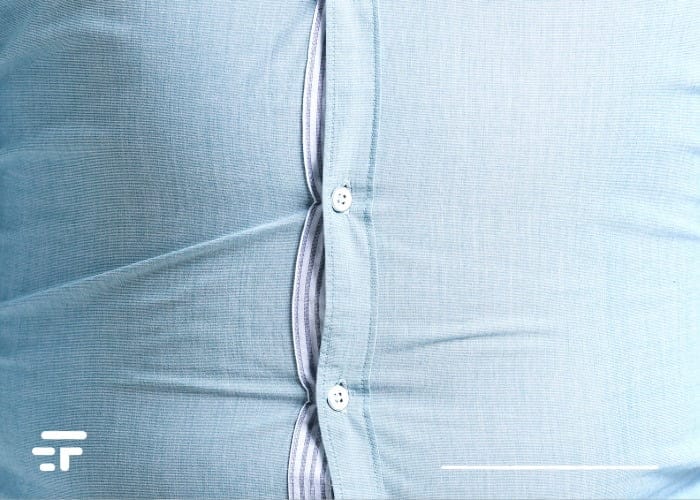Domenica Rubino directs the Washington Center for Weight Management and Research in Arlington, Virginia and helps people lose weight. Not all of it, though. By your own admission, there are a lot of patients literally crushed by obesity, who until yesterday you were unable to help in any way.
People who, while trying all kinds of diets, exercises, surgeries always end up regaining weight. Some have problems related to severe obesity, such as diabetes, hypertension, arthritis.
Recently, all these people have hope again. There is a new class of anti-obesity drugs that is hitting the mark, because it acts directly on the brain-gut axis that regulates appetite.

Wegovy against obesity: it works…
“We are finally able to help even people who suffer from the major complications of obesity lose weight,” says Rubino.
Of the drug that makes everyone cry for a miracle, semaglutide, I spoke to you six months ago. Has been approved in June 2021 under the name “Wegovy” to treat people with a body mass index in the obesity range or just below, but with weight-related health problems.
Uno study published last year on New England Journal of Medicine found that, on average, those who took semaglutide lost 14,9% of its initial body weight compared to 2,4% of the placebo group.
They were exceptional results, double those obtained from previous anti-obesity drugs. Weight reduction is accompanied by benefits in blood pressure, blood sugar and saturated fat.

…but it has a major contraindication
Robert Kushner from Northwestern University, one of the lead investigators of the study, points out that the drug is a new paradigm for the hormonal treatment of obesity.
Why hormonal? Because it "mimics" an intestinal hormone called GLP-1 (glucagon-like peptide-1) which acts on three fronts. On the pancreas increases insulin production. On the stomach to slow down emptying. On the brain to reduce appetite and signal satiety. Patients eat less and are not bothered by hunger, real or "nervous".
There is only one drawback, but it is notable: these drugs must be used for life, just like those for diabetes, otherwise the benefits are lost. A 2021 study conducted by Rubino herself shows patients regain weight if they stop taking the drug.
This can also make us understand that severe obesity is not a transitory condition linked mainly to behavioral and environmental factors, as many see it. Rather, according to several studies, it is a chronic and relapsing disease, which disrupts multiple physiological systems.

Important doubts
The prospect of a lifetime of weekly injections to maintain weight loss raises many questions, especially about safety: anything that alters fundamental functions such as metabolism and energy balance can have significant side effects.
Of course, in the drug study it was found that only 4,5% of treated patients experienced gastrointestinal syndromes, and researchers say that taken at a low dose this drug has a good safety profile. The dose to be taken to lose weight, however, is greater: and taken for decades it could present problems as yet unknown.
Another problem? Without a doubt the cost. We are talking about over 1300 euros per month: the demand is very high, but in countries with private healthcare it is practically a nightmare. In other words: obesity is the cause of many evils, but it is also a consequence.


